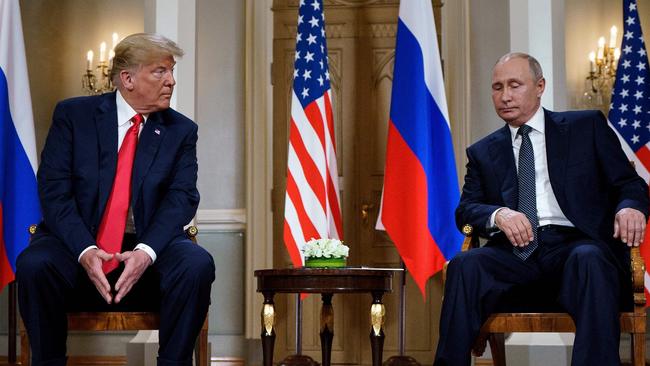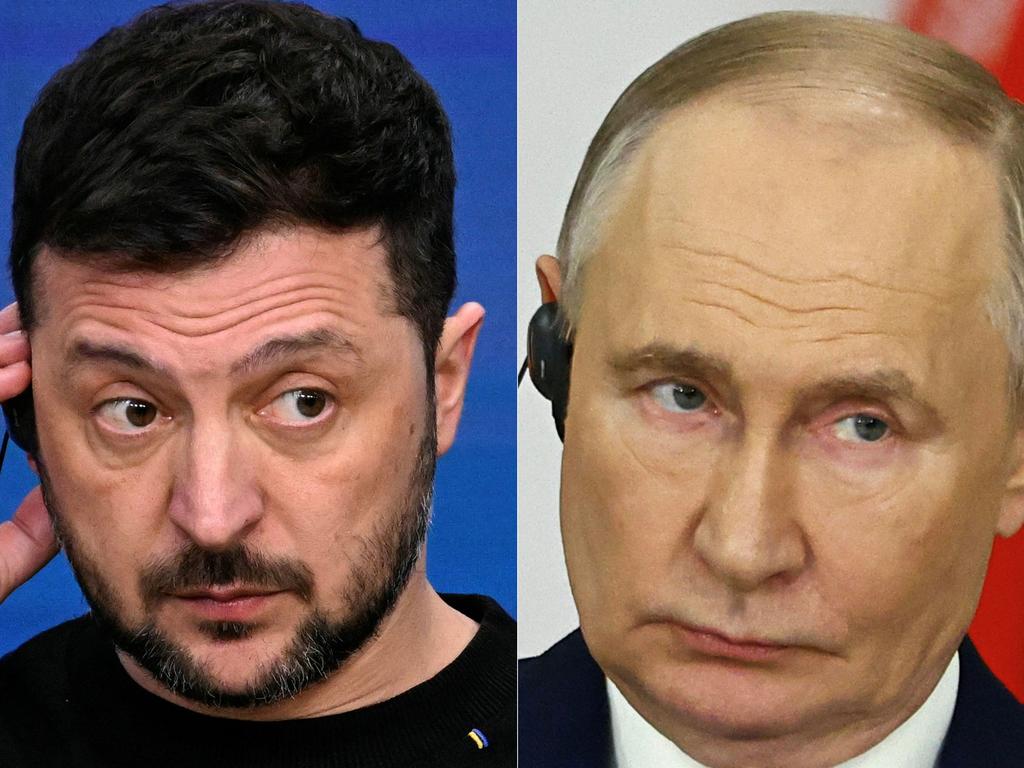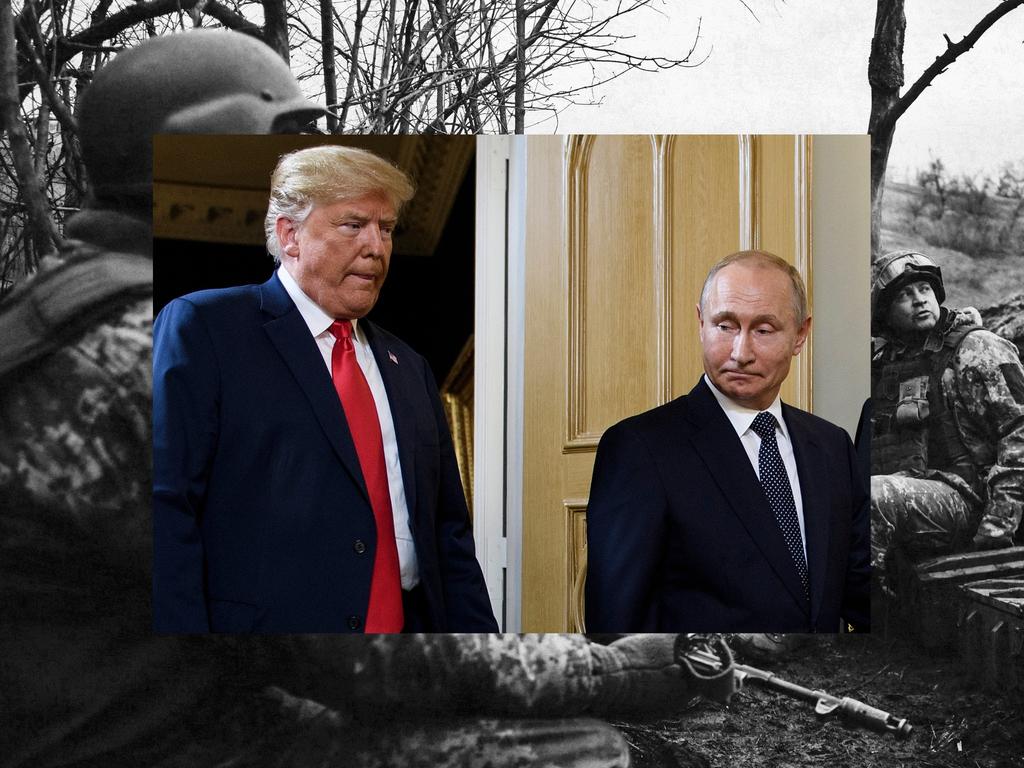Delight in Moscow, fear in Kyiv: Will Trump sideline Ukraine?
Putin told Trump the ‘root causes’ of the war need to be eliminated before fighting ends; shorthand for Zelensky’s removal and the ascent to power of a Moscow-friendly leader in Kyiv.

President Trump’s 90-minute telephone conversation with President Putin is being seen in Moscow as evidence that attempts to isolate Russia and turn the Kremlin leader into an international pariah have failed.
Russian hardliners welcomed Trump’s call with Putin. Konstantin Malofeev, an ultra-conservative tycoon who is close to the Kremlin, said a face-to-face meeting between the Russian and US leaders could “truly end the war and begin a new world order”.
Trump’s call on Wednesday was hailed by state media as a breakthrough in Moscow’s relations with Washington. “There are no negative connotations from Trump, nothing about Russia’s aggression, no ‘terrible criminals’, none of that. Everything is very polite,” Vladimir Solovyov, a state TV presenter, said.
In Kyiv, the call will likely increase fears that Trump plans to sideline Ukraine during peace talks. Yet picking up a phone to talk to Putin is far easier than ending the biggest war in Europe since 1945.
There are question marks about the US leader’s ability to stop the fighting without capitulating entirely to Moscow’s demands.
Dmitry Peskov, the Kremlin spokesman, said that Putin had told Trump the “root causes” of the war needed to be eliminated before the fighting could end. The phrase is widely seen as shorthand for the removal of President Zelensky and the ascent to power of a Moscow-friendly leader in Kyiv.
After three years of Russian soldiers slaughtering Ukrainian civilians, it is hard to see how the Kremlin could achieve this, other than by conquering Kyiv – something that appears to have been Putin’s initial aim.
The dictator has demanded that Ukraine recognises Russian rule in four regions in its east and south, as well as in Crimea, which the Kremlin annexed in 2014. It also wants Ukraine to be a “neutral” country and drop any ambitions to join NATO.
Trump said this week that Ukrainians “may be Russians some day”, while Pete Hegseth, the US defence secretary, said Kyiv should abandon the “illusionary goal” of regaining territories that have been under Russian control for more than a decade.
Yet Ukraine is under no obligation to lay down arms at Trump’s command. Sergii Marchenko, the Ukrainian finance minister, said in December that Kyiv would be able to continue fighting “at least during the first half of the year and beyond”, even if Trump cut all US military assistance.
For Putin, Wednesday’s talk with Trump is likely to leave him with a deep sense of satisfaction. “[Putin] doesn’t particularly need Ukrainian territories, but he needs respect from America. He dreams of deciding the fate of the world together with the US president,” Mikhail Kasyanov, who served as Putin’s first prime minister, told The Times recently.
The Times




